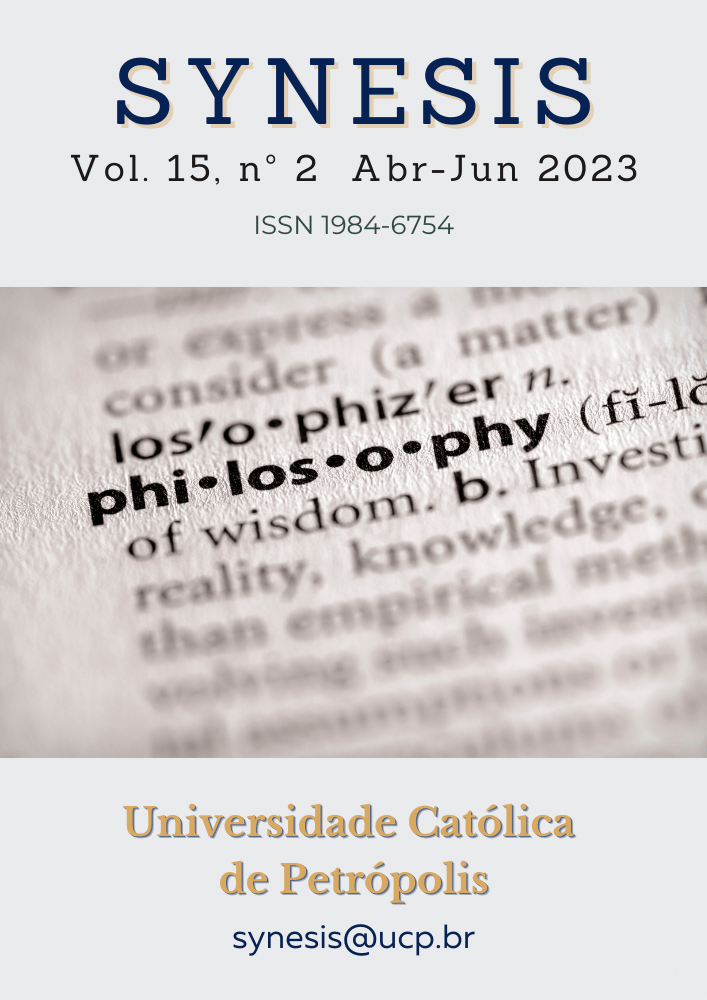Resumo
Como uma parte importante da tradução de publicidade internacional, a tradução de documentos políticos é a porta para a comunidade internacional aprender sobre as políticas domésticas e externas da China. Este artigo analisou as estratégias de tradução cultural para os poemas clássicos sobre “People-Centered” aplicados na versão em inglês de Xi Jinping on the Governance of China II do ponto de vista da perspectiva cultural. Uma vez que os estudos de tradução política não devem focar apenas nas diferenças de linguagem, mas também na conotação cultural e na implicação política veiculada. A pesquisa mostra que a tradução literal, a tradução literal mais aditiva e a tradução literal mais livre podem ser aplicadas para transmitir as ricas conotações culturais em poemas clássicos, a fim de alcançar a comunicação intercultural e a publicidade política internacional.
Referências
Bassnett, S. & A. (2001). Lefevere. Translation, History and Culture. Shanghai: Shanghai Foreign Language Education Press.
Beijing: Foreign Languages Press, 2017.
Dou Weilin. (2016) An Analysis of the Successful Translation Model of Xi Jinping's the Governance of China [J].International Communication (3).
Guo Jia. (2019). Translators' Subjectivity in Translation of External Publicity in the New Era -- A Case Study of the English Version of Xi Jinping's the Governance of China, Volume 2 [J].Journal of Changzhi University, (08).
Hong Xiyao. (2019). Discussion on Interpretation Strategies of Analogical Rhetorical Figures from the Perspective of Interpretation Theory -- Taking the English Translation of Volume II of Xi Jinping's the Governance of China as an Example [J].English Square, (7).
Huang Youyi. (2002). Sinologists and Translation of Chinese Literature -- A Bridge of Communication between Chinese and Foreign Cultures [J].Chinese Translation, 2010 (6).
Jin Huikang. Intercultural Communication Translation [M]. Beijing: China Translation and Publishing Corporation, (152).
Liu Futing. (2019). Ecological Translation Theory and the Translation of Words with Chinese Cultural Characteristics -- A Case Study of English Translation in the Second Volume of Xi Jinping's the Governance of China [J].Cultural and Educational Materials, (1).
Peter, Newmark. A. (1988). Textbook of Translation[M]. London, Toronto, Sydney, Tokyo: Prentice-Hall,:95.
Shu Yang. (2018). Research on Annotations in Political Literature Translation -- A Case Study of the Second Volume of Xi Jinping's the Governance of China [J].Modern Business Industry, (14).
Wang Wenjing; Xu Hongliang. (2019). A Study of Cultural Translation Strategies in English Translation of Xi Jinping's the Governance of China [J].Journal of Fuyang Normal University, (6).
Xi Jinping. Xi Jinping: The Governance of China. Volume II [M].
Xia Jiangyi. (2017). Analysis of Overseas Communication Paradigm of Xi Jinping’s the Governance of China [J].Publishing and Distribution Research, (9).
Xu Hongliang; Wang Wenjing. (2019). Translation Strategies of Analogical Rhetoric in Political Literature: A Case Study of Xi Jinping's the Governance of China Volume 1 [J]. Journal of Fuyang Normal University (Social Science Edition) (6).
Xu Yuan-chong. (2019). The Art of Translation [M]. Beijing: Five World Communication Press, 2006, 73-81.
Zhang Jiayi. (2019). Translators' Subjectivity in External Publicity Translation from the Perspective of Skopos Theory -- Taking Xi Jinping's the Governance of China as an Example [J].Science Public, (2).
Zhang Jin-lan. (2004). Skopos Theory and Translation Methods [J]. Chinese Science and Technology Translation, (17).
Zhao Jing. (2020). Translation Strategies and Methods of Political Text Titles from the Perspective of Re-Instance -- A Case Study of English Translation of Xi Jinping the Governance of China [J]. Journal of University of Science and Technology Beijing (Social Science Edition), (1).

Este trabalho está licenciado sob uma licença Creative Commons Attribution-NonCommercial-NoDerivatives 4.0 International License.
Copyright (c) 2023 Synesis (ISSN 1984-6754)
